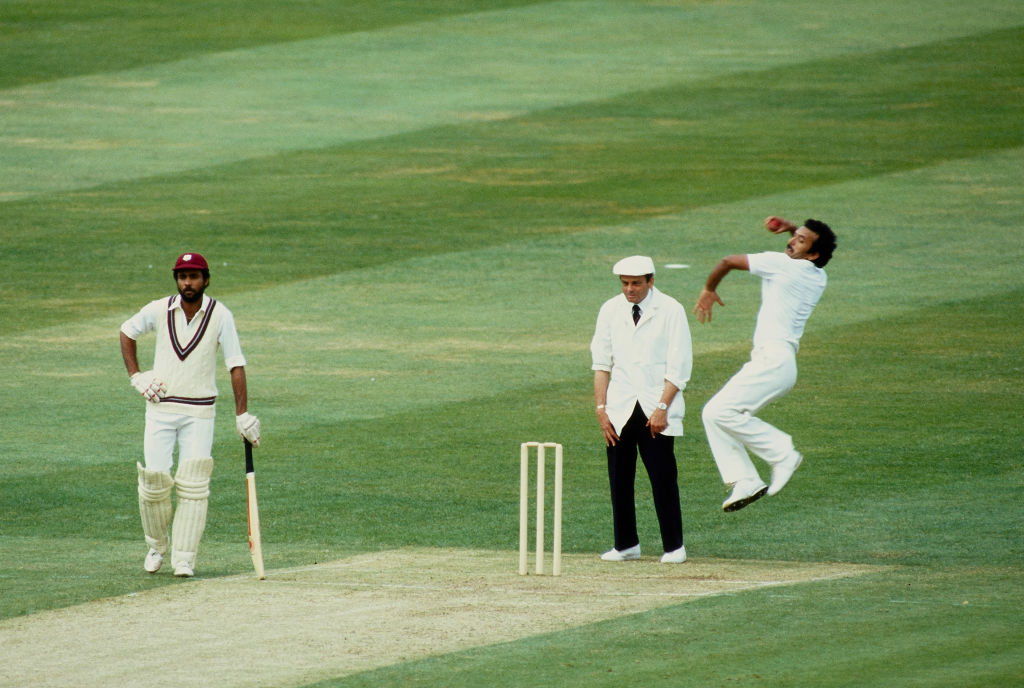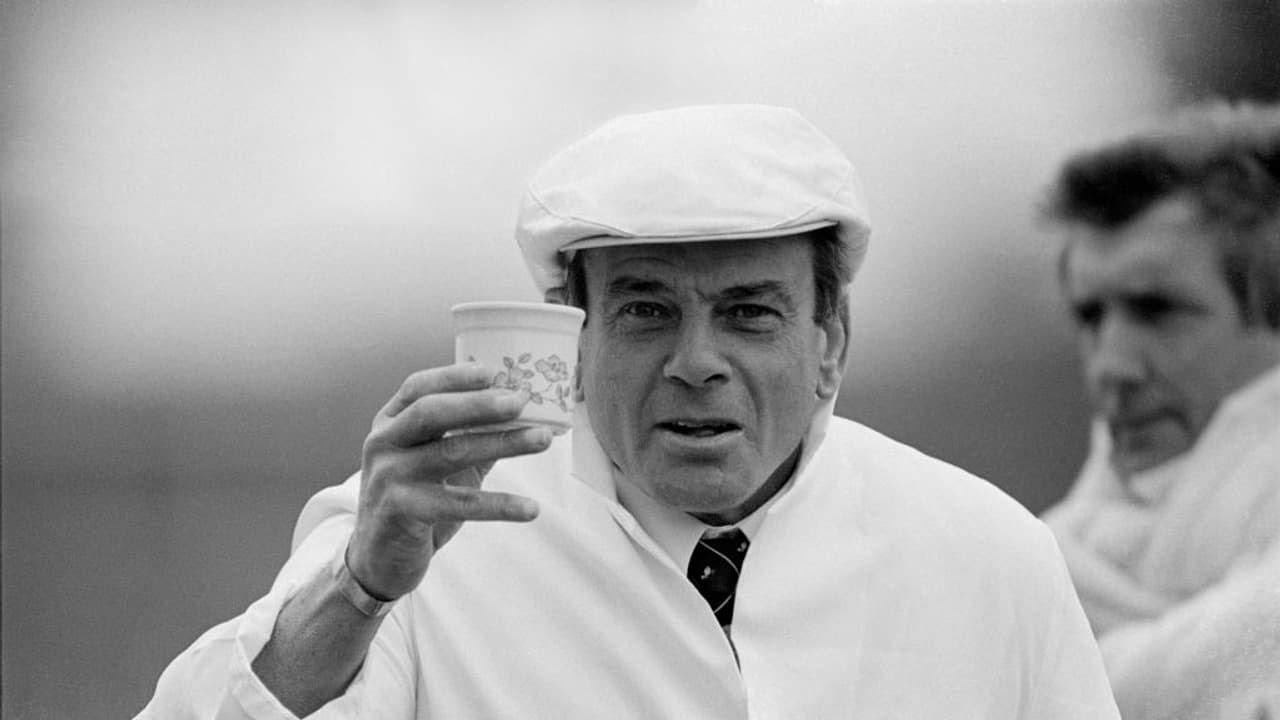Iconic umpire Dickie Bird has died at 92, Yorkshire County Cricket Club announced. Renowned for fairness and iconic style, he officiated 66 Tests and three World Cup finals, including India’s historic 1983 win, marking the end of an era in cricket.
The legendary ICC umpire, Dickie Bird, breathed his last at the age of 92 on Tuesday, August 23. His demise was announced by Yorkshire County Cricket, the club which he represented in his first-class cricket. Bird was one of the most respected and iconic umpires of his era, known for his sharp eye, fair judgment, and distinctive style on the field.
The Yorkshire County Cricket Club took to their X handle (formerly Twitter) and paid tribute to Dickie Bird, calling him one of cricket’s ‘most beloved figures’ and confirming that he died peacefully at his home.
“It is with profound sadness that The Yorkshire County Cricket Club announces the passing of Harold Dennis “Dickie” Bird MBE OBE, one of cricket’s most beloved figures, who died peacefully at home at the age of 92,” the Yorkshire said in a statement.
Scroll to load tweet…
Dickie Bird’s death marks the end of an era in cricket, as he was not only a legendary umpire but also a cherished ambassador of the game, remembered for his fairness, wit, and lifelong contribution to cricket worldwide.
Who was Dickie Bird?
Before becoming an international umpire, Harold Dennis, or Dickie Bird, was a cricketer, playing first-class cricket for his home club, Yorkshire and Leicestershire. However, his cricketing career was cut short due to recurring knee injury, and he was forced to retire at the age of 31. Following his retirement from a cricketing career, Dickie Bird tried his hand at umpiring, quickly rising through the ranks in English cricket.
Eventually, Dickie Bird established himself as one of the most respectable and recognisable umpires in international cricket. The legendary umpire officiated in 66 Test matches and 69 One-Day Internationals. He was the on-field umpire in three consecutive World Cup Finals in 1975, 1979, and 1983. In 1998, Bird retired as one of the most celebrated umpires in cricket history at the age of 65.
Scroll to load tweet…
Scroll to load tweet…
Following retirement from umpiring duties, Dickie Bird remained closely connected to cricket and authored his autobiography, My Autobiography, which sold more than a million copies. In 2014, Bird was elected as the president of the Yorkshire County Cricket Club, which he served with distinction. During his tenure as president, Yorkshire clinched two consecutive County Championship titles in 2014 and 2015.
Apart from his involvement in cricket, Dickie Bird was also involved in charitable work by setting Dickie Bird Foundation, which aimed at helping disadvantaged under-18s achieve their potential in sport.
Umpire who saw India scripting history in the 1983 World Cup
Dickie Bird was one of the umpires who saw West Indies clinch two consecutive World Cup titles in 1975 and 1979 before witnessing India’s historic triumph over West Indies in the 1983 World Cup Final, a match that changed the course of Indian cricket forever.
Bird, alongside fellow English umpire Barrie Meyer, stood on the field as Team India pulled off one of the biggest upsets in the history of the World Cup, defeating the defending champions West Indies, led by Clive Lloyd, and watching Kapil Dev lift the coveted silverware and etching their victory into cricketing history.

Dickie Bird’s presence at the 1983 World Cup final cemented his legacy as an umpire who witnessed historic moments, and he remained a celebrated figure for his role in ensuring the game was played with fairness, integrity, and spirit.
Dickie Bird was serving as the president of Yorkshire County Cricket Club until his demise, supporting the game he had dedicated his life to, while remaining a respected umpire, mentor, and as ambassador for cricket at both domestic and international levels.
